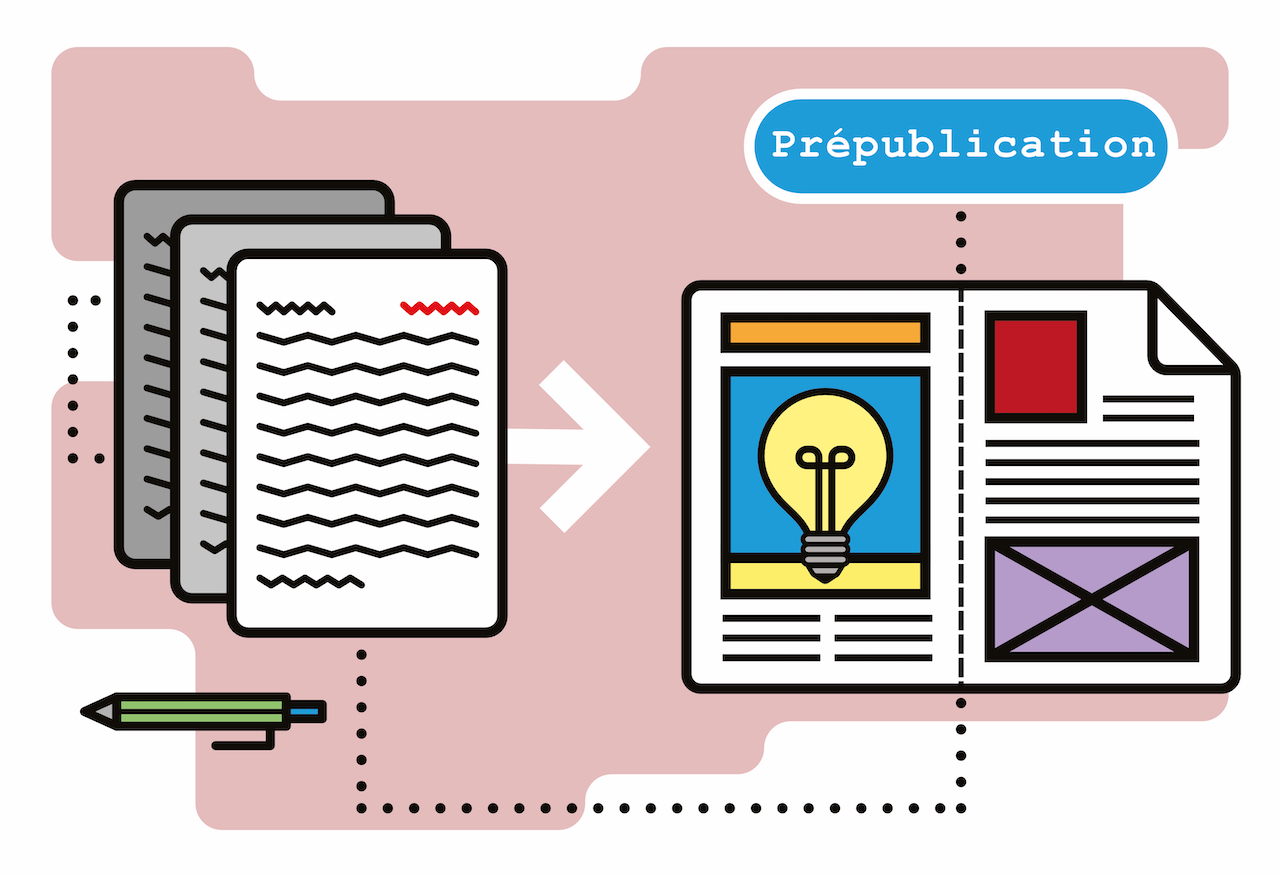Temporal passing network in basketball: the effect of time pressure on the dynamics of team organization at micro and meso levels
Fiche du document
4 juin 2025
- ISIDORE Id: 10670/1.d03eb1...
- hal: hal-05089645
- ARXIV: 2506.04808
- doi: 10.1016/j.psychsport.2025.102882
Ce document est lié à :
info:eu-repo/semantics/altIdentifier/arxiv/2506.04808
Ce document est lié à :
info:eu-repo/semantics/altIdentifier/doi/10.1016/j.psychsport.2025.102882
info:eu-repo/semantics/OpenAccess
Sujets proches
Kinetics Dynamical systemsCiter ce document
Quentin Bourgeais et al., « Temporal passing network in basketball: the effect of time pressure on the dynamics of team organization at micro and meso levels », HAL SHS (Sciences de l’Homme et de la Société), ID : 10.1016/j.psychsport.2025.102882
Métriques
Partage / Export
Résumé
In this study, basketball teams are conceptualized as complex adaptive systems to examine their (re)organizational processes in response the time remaining to shoot. Using temporal passing networks to model team behavior, the focus is on the dynamics of the temporal patterns of interaction between players. Several metrics grounded in social network analysis are calculated at different level to assess the dynamics of the patterns used by teams and of the individual roles within those patterns. The results reveal a 3-phase dynamic, differentiated by more or less complex and diversified patterns, and by more or less specialized or flexible roles. Additionally, time-dependent features of the different tactical playing positions are identified, some of which linked to team performance. The findings are intended to explain how basketball teams adapt their organization to cope with time pressure, offering potential insights for other type of teams facing similar constraints. Moreover, this work provides a useful framework for a multilevel understanding of how constraints shape team adaptations dynamically, making it applicable to a wide range of team settings.
